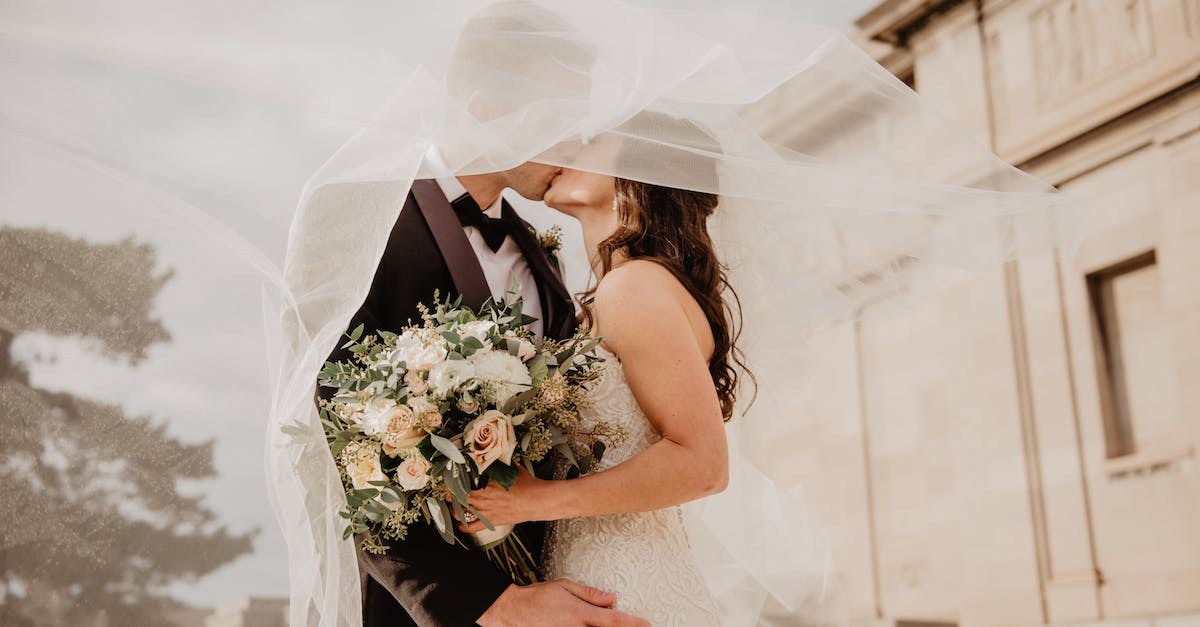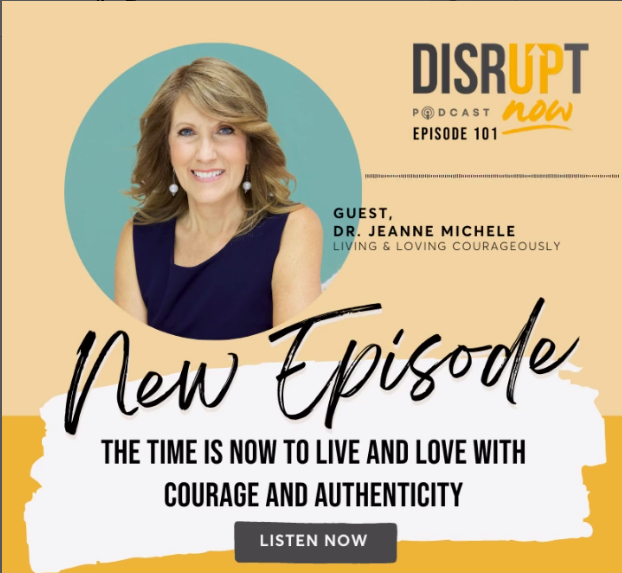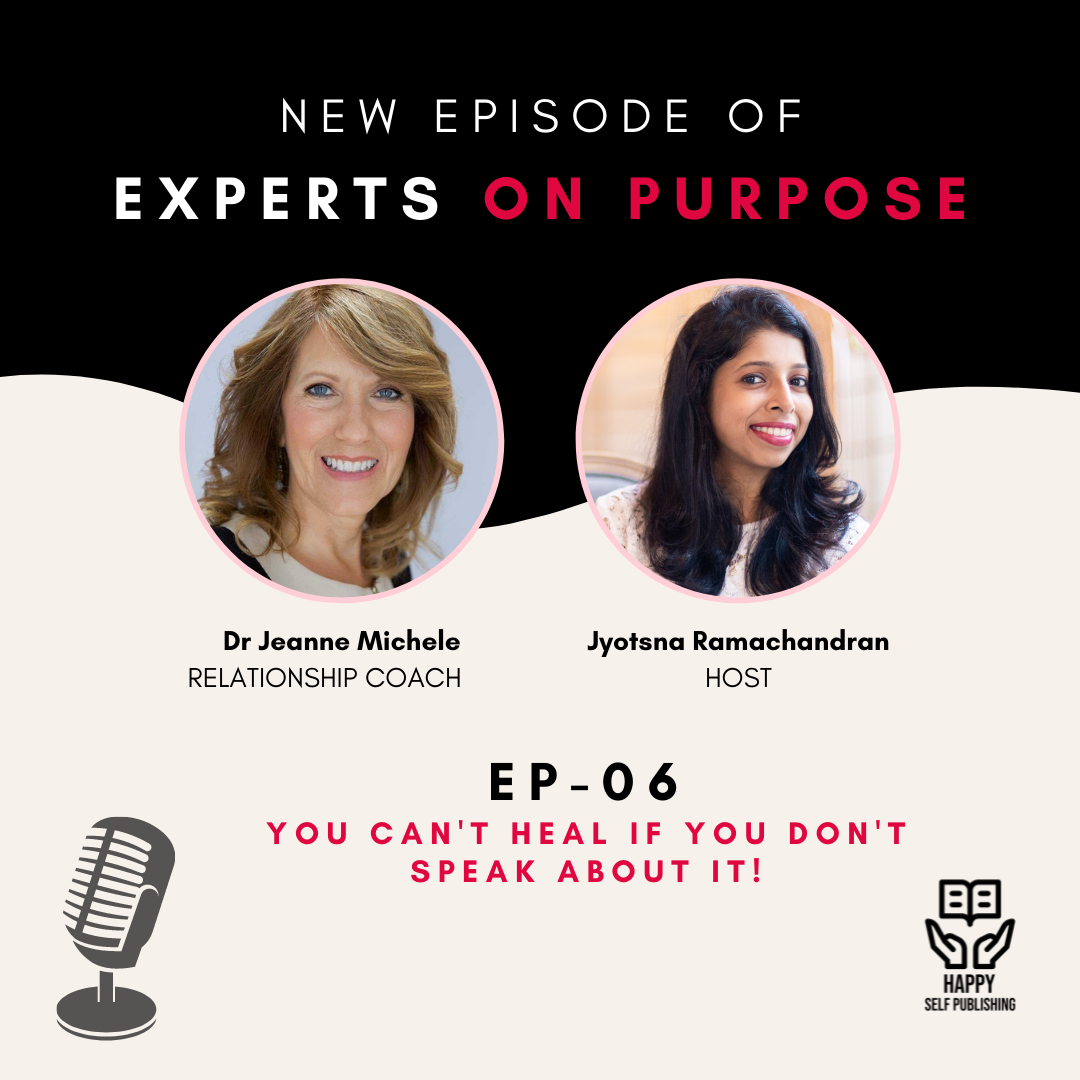Relational Healing
The Joys and Challenges of Opening Your Heart
In relationship there are three important elements: You. Me. Us. While sometimes one of the three may take precedence over the other two, all three need to be nurtured in order to create a flourishing and healthy connection.
 What gets in the way of opening our hearts to another? The first that is the idea that we need to show our best selves to someone. Be positive. Look on the bright side. And, while these are important characteristics, intimacy is born through sharing those parts of us that are not so pretty. And that, my friend, can be scary. We live in an individualistic, positively oriented society, where affirming what we want is our mantra to creating a great life. And the truth is, there are many parts, ideas, and beliefs that influence how we walk in the world. Deeply sharing our lives with another involves the courage to share the parts of ourselves we would prefer remained buried.
What gets in the way of opening our hearts to another? The first that is the idea that we need to show our best selves to someone. Be positive. Look on the bright side. And, while these are important characteristics, intimacy is born through sharing those parts of us that are not so pretty. And that, my friend, can be scary. We live in an individualistic, positively oriented society, where affirming what we want is our mantra to creating a great life. And the truth is, there are many parts, ideas, and beliefs that influence how we walk in the world. Deeply sharing our lives with another involves the courage to share the parts of ourselves we would prefer remained buried.
It can be risky exposing those parts of ourselves that we really don’t want to look at. We fear rejection and exposure. Couples tend to shut down their vulnerability out of fear that sharing may jeopardize the relationship. There is a fear that a partner will either pass judgement, or maybe even use what they learn against them in a future argument. It is difficult to access parts of ourselves that we are not proud of. This can include past choices, hurts or traumas that we prefer not to look at our feel, and past rejections or abuse. Any of these left unchecked can burrow themselves into the deepest recesses of our unconscious.
Whether we consciously choose to examine these aspects of ourselves, or not, they impact how we connect, particularly with those who are closest to us.
Deep relational work is a process of discovery of both self and other. When we let someone into our heart we unlock all that resides there, not just the good stuff. It is impossible to open up to just the happy heart places. Every heartache that you have experienced, and every joy that has thrilled you, resides in the inner most sanctuary of your heart. Over time these aspects will weave their way into the fabric of your relational connections. What may have begun with the flurry of love’s romantic anticipation, can settle into a life on auto-pilot where you may wake up one day and wonder what happened, or a life of petty discontents where passive aggressive comments, or outright angry outbursts become the norm. Sometimes we withdraw from a partner in an effort to keep our deeper secrets safely locked away, even from ourselves.
We each have parts inside that have been hurt, wounded, or misguided. These woundings become layered into the filter through which we perceive the world. When we experience trauma, large, small, or cumulative, the traumatized parts of ourselves split off and burrow themselves into the deepest recesses of our psyche where they may remain hidden from view for quite a long time, until something calls them forward.
 Our lives are about making meaning. This is a lifelong process. There are various ways in which we engage in meaning making.
Our lives are about making meaning. This is a lifelong process. There are various ways in which we engage in meaning making.
We model what is meaningful to us when we take an active role in shaping our relationships, both internal (with ourselves) and as we extend ourselves to the people we love. We either do through consciously choosing how we show up, or unconsciously allowing ourselves to be driven by our impulses, unresolved issues, unexpressed needs and unhealed trauma. When we abdicate conscious choice, it places our more primal instincts at the helm, until one day, we come up for air, and begin to question everything. How did I get here? What was I thinking? And the truth is, you weren’t thinking. I see this happen time and time again when people step into connecting with someone outside their primary relationship.
Addictive behaviors, like substance abuse and affairs, are born from unconscious longings whose momentary need for expression overrides commitments, and promises made to another, and ourselves. These behaviors tend to take on a life of their own. They become a living and breathing force that at some point needs to be reckoned with. Healing from the aftermath of an affair involves deep soul-searching, respectful communication, boundary setting, conscious commitment making, authentic apologies, mercy, and ultimately forgiveness of self and other.
So, how do we heal? I firmly believe in the power of Courageous Conversations to heal hearts, lives and relationships. Next week’s blog will delve into the first of three keys for holding a Courageous Conversation: Preparation.
I specialize in infidelity counseling, helping couples heal after an affair. Contact me today if you would like to talk.
Until then, have a beautiful week.



